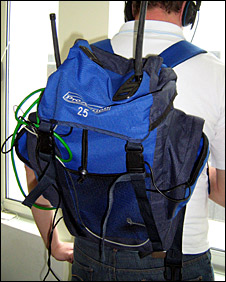Generations of hard-working people toiled and risked their lives on the railways when they were being developed. In all conditions and across every kind of territory, they laid rails the length and breadth of Britain, and developed the machines to provide a public service.
Workers have been killed in falls, in collisions, by poisoning, by electric shock, by enemy bombs during wars, by fatigue, and by many other causes. They laboured and sometimes gave their lives to make a public railway for the good of the nation, where all passengers are trusted and treated well according to their payment of the fare, and where all workers are trusted and fairly treated according to their contracts. Today, I believe most people who work on railways still uphold these standards. Equally, the people who develop railway technology, or who have the vision to raise funding for rail development, do this because they want to build a better service for all the public — unless they’re merely opportunist investors.
Today, the Department for Transport, Govia Thameslink and the National Union of Rail, Maritime and Transport Workers have jointly shown they are unable to run a service. I see this as an insult to these workers’ sacrifices; and to the hundreds of thousands of ordinary people who pay their taxes, and who pay for their railway tickets. Today is the day to agree to stop the insults, and remember who put the railway there in the first place.

